Prime Minister Narendra Modi launched the “Swachh Bharat Abhiyan” on 2nd October, 2014 to fulfil Mahatma Gandhi's vision of Clean India. He said that Swachh Bharat would make a significant impact on public health, and in safeguarding income of the poor, ultimately contributing to the national economy. As a part of Swachh Bharat Abhiyaan, various ministries and departments are taking various steps to contribute to a “Clean India”. In this light, recently in April, 2015, the Bahbha Atomic research Centre (BARC) has signed an MoU with Ahmedabad Municipal Corporation to set up a 100 tonnes per day Gamma Irradiation sludge hygienisation facility under its scientific and technical support. Such radiation hygienisation facilities would greatly contribute to achieve the objectives of the mission of “Swachh and Swastha Bharat”.
Read MoreEdit
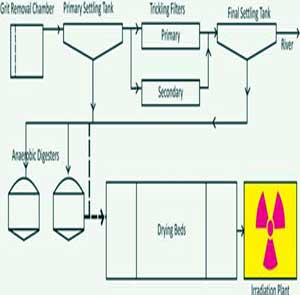
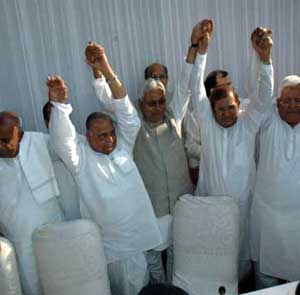
The political alignment and realignment are taking place from the day Narendra Modi became the Prime Minister of India. The 2014 Lok Sabha Election results changed the political landscape of the country. It was the victory of the politics of hopes and aspirations over traditional politics. The leaders rejected by people in Lok Sabha election are making efforts to undo that change.
Read More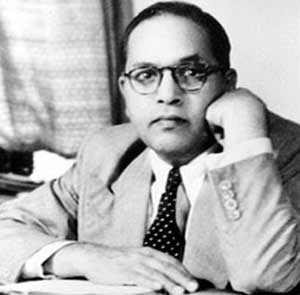
April 14, 2015 will kick off celebrations of Babasaheb Dr. Bhim Rao Ambedkar’s 125th birth anniversary. Though, Dr. Ambedkar’s stature and image is growing larger with time, his prominence as India’s foremost advocate of Dalit empowerment often does not do much justice to several sterling aspects of the man’s multi-faceted personality.
Read More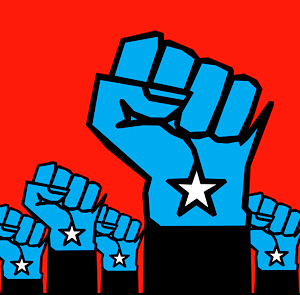
As political philosopher; Charles de Montesquieu said that; "In the state of nature...all men are born equal, but they cannot continue in this equality. Society makes them lose it, and they recover it only by the protection of the law." The protection of law to poor, illiterate and weak is important to ensure equal justice. Legal aid is one of the means to ensure that the opportunities for securing justice are not denied to any person by reason of poverty, illiteracy, etc.
Read More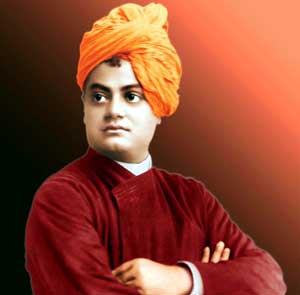
"At Cape Camorin sitting in Mother Kumari's temple, sitting on the last bit of Indian rock—I hit upon a plan: We are so many sanyasis wandering about, and teaching the people metaphysics—it is all madness. Did not our Gurudeva use to say, 'An empty stomach is no good for religion?' We as a nation have lost our individuality and that is the cause of all mischief in India. We have to raise the masses.”
Read More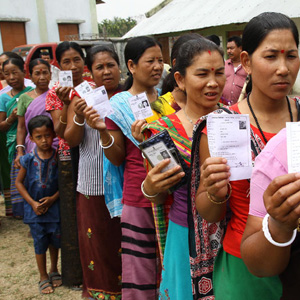
Louis L’Amour has rightly said that to make democracy work, we must be a notion of participants, not simply observers. One who does not vote has no right to complain. Democracy can be seen as an extension of people’s participation. It is a form of government in which the supreme power is vested in the people and exercised by them directly or indirectly through a representative system of elections. Democracy will collapse without proper and fair participation of its citizens. Every vote reassures our democracy and makes it stronger. (Read in Hindi: लोकतंत्र की आत्मा है मतदाताओं की भागीदारी)
Read More














